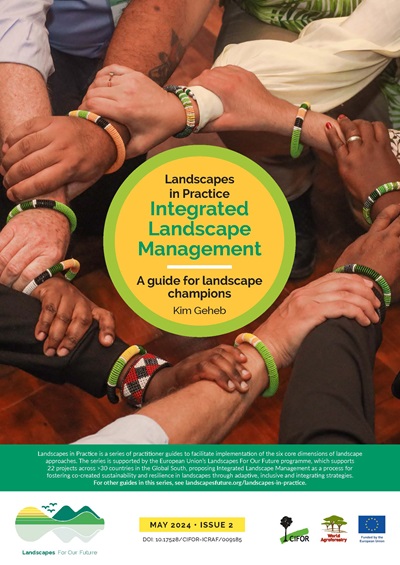This chapter presents ways of enhancing justice in international landscape restoration. Departing from the three-dimensional environmental justice framework, we draw from decolonial and indigenous justice perspectives, placing particular attention on epistemic justice, relational ontology, self-determination, and self-governance. Current international landscape restoration is embedded in (neo)colonial and neoliberal protection efforts, which risk injustice, violence, and oppression; including denying, ignoring and/or erasing local epistemologies, politics, and histories; and weakening local people’s rights and access to territories and livelihoods. Major barriers to effective, just, and equitable landscape restoration include: (i) prioritizing global over local knowledge systems, logics, and politics; (ii) targeting small-scale over large-scale drivers of land degradation; (iii) offshoring burdens onto local peoples; and (iv) relying on state authority and institutional structures, thereby bypassing customary and indigenous authorities. We propose a set of questions and conditions for policymakers and scholars to reflect upon when designing and analyzing landscape restoration efforts.
DOI:
https://doi.org/10.1093/9780197683958.003.0004
Altmetric score:
Dimensions Citation Count:
























